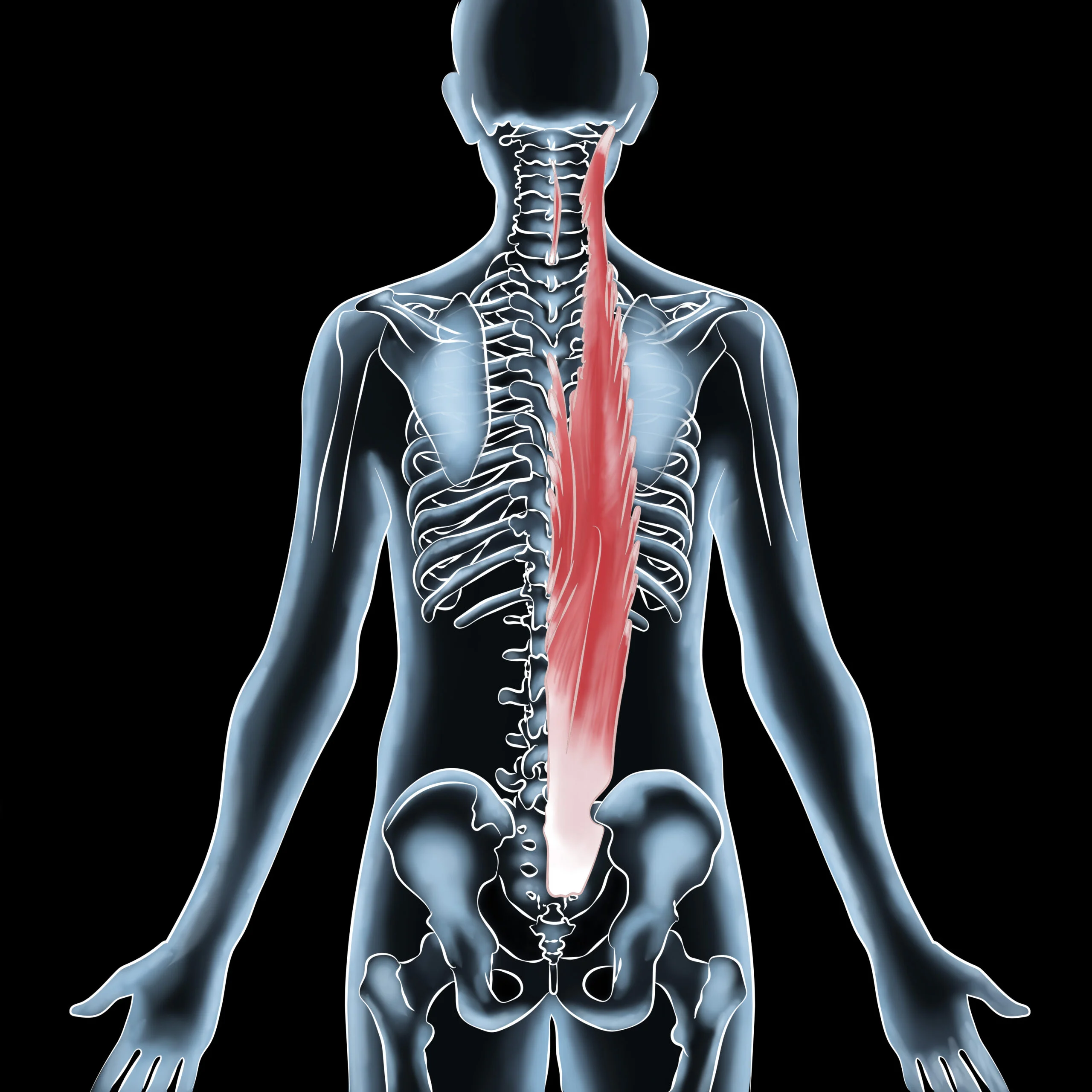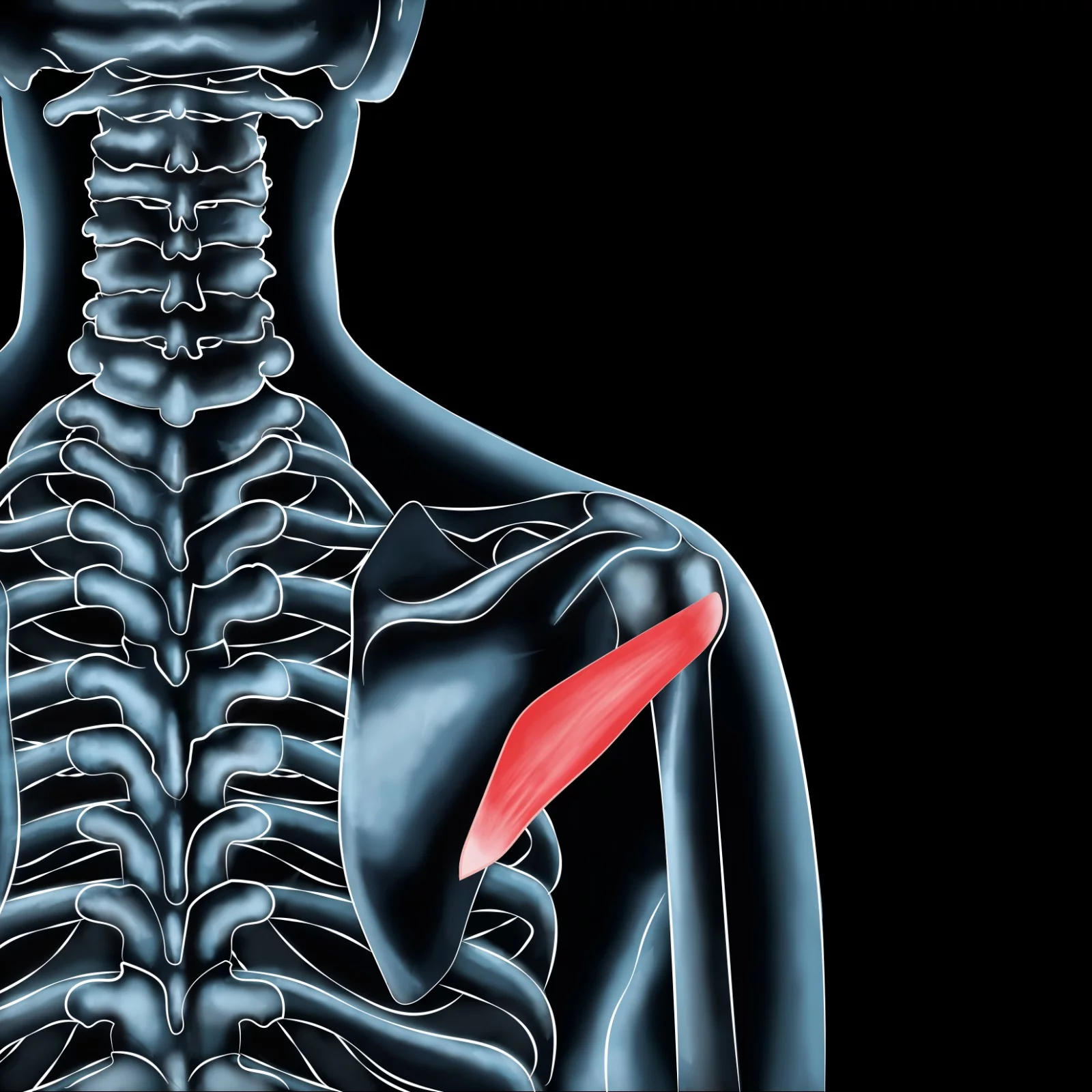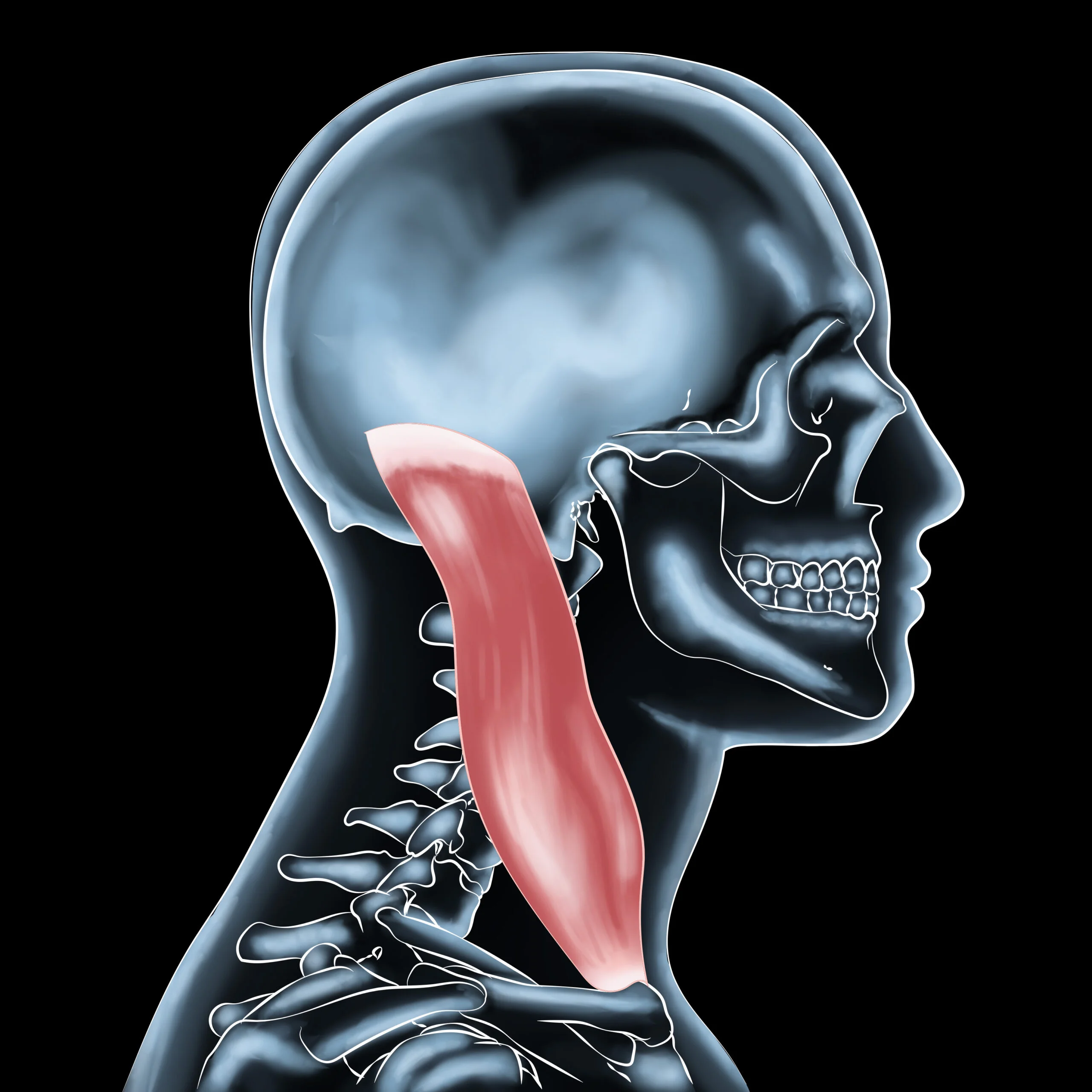A full range of motion (ROM) is essential for proper function and health in the upper body. Reduced ROM in the upper body can cause pain, discomfort, and decreased performance in daily activities and sports. However, there are ways to improve upper body mobility through effective stretches, exercises, and preventive measures.
In this article, we’ll explore the causes and symptoms of reduced ROM in the upper body, effective stretches and exercises to improve upper body mobility, how to prevent reduced ROM in the upper body, and the importance of maintaining upper body mobility for overall health and functionality.
Causes and Symptoms of Reduced Range of Motion in the Upper Body
Reduced ROM in the upper body can be caused by several factors, including injury, poor posture, muscular imbalances, and aging. The most common symptoms of reduced ROM in the upper body are pain, stiffness, and limited mobility in the shoulders, neck, and upper back.
Effective Stretches and Exercises to Improve Upper Body Mobility
Improving upper body mobility can be achieved through a combination of stretches and exercises. Here are a few effective examples:
- Shoulder Blade Squeeze: Sit or stand with your arms at your sides and your shoulders relaxed. Squeeze your shoulder blades together, hold for five seconds, and release. Repeat 10 times.
- Wall Angels: Stand with your back against a wall and your arms out to the sides, forming a “W” shape. Slowly raise your arms overhead while keeping them in contact with the wall. Lower them back down and repeat 10 times.
- Shoulder Rotation Stretch: Stand with your arms at your sides and your elbows bent at a 90-degree angle. Slowly rotate your arms forward and backward, keeping your elbows close to your body. Repeat 10 times.
- Thoracic Extension: Lie on your back with a foam roller or rolled-up towel placed vertically under your shoulder blades. Slowly extend your arms overhead while keeping your lower back on the ground. Hold for 30 seconds and repeat three times.
- Pull-ups: Perform pull-ups or assisted pull-ups to strengthen the muscles in your back and shoulders.
How to Prevent Reduced Range of Motion in the Upper Body
Preventing reduced ROM in the upper body requires maintaining good posture, strengthening the muscles in the upper back and shoulders, and stretching regularly. Here are a few tips:
- Maintain Good Posture: Sit and stand with your shoulders back and down, and your neck in a neutral position.
- Strengthen Your Upper Back and Shoulders: Engage in exercises that target the muscles in your upper back and shoulders, such as rows, pull-ups, and lateral raises.
- Stretch Regularly: Incorporate upper body stretches into your daily routine, especially if you have a sedentary job.
- Take Breaks: If you sit for extended periods, take breaks every 30 minutes to stand up, stretch, and move around.
The Importance of Maintaining Upper Body Mobility for Overall Health and Functionality
Maintaining upper body mobility is crucial for overall health and functionality. Reduced ROM in the upper body can lead to postural issues, gait abnormalities, and chronic pain, which can negatively impact your quality of life.
Moreover, upper body mobility is essential for many functional movements, such as lifting, carrying, and reaching. Therefore, keeping your upper body mobile can improve your daily activities, and athletic performance, and prevent injuries.
Conclusion
In conclusion, reduced ROM in the upper body can cause pain, stiffness, and limited mobility in the shoulders, neck, and upper back. However, through a combination of effective stretches, exercises, and preventive measures, you can improve your upper body mobility and enjoy a healthy, active lifestyle.
Maintain good posture, engage in exercises that target your upper back and shoulders, stretch regularly, and take breaks if you sit for extended periods. By doing so, you’ll maintain your upper body mobility, improve your daily activities and athletic performance, and prevent injuries. Remember, your upper body’s health and functionality are vital to your overall well-being.






